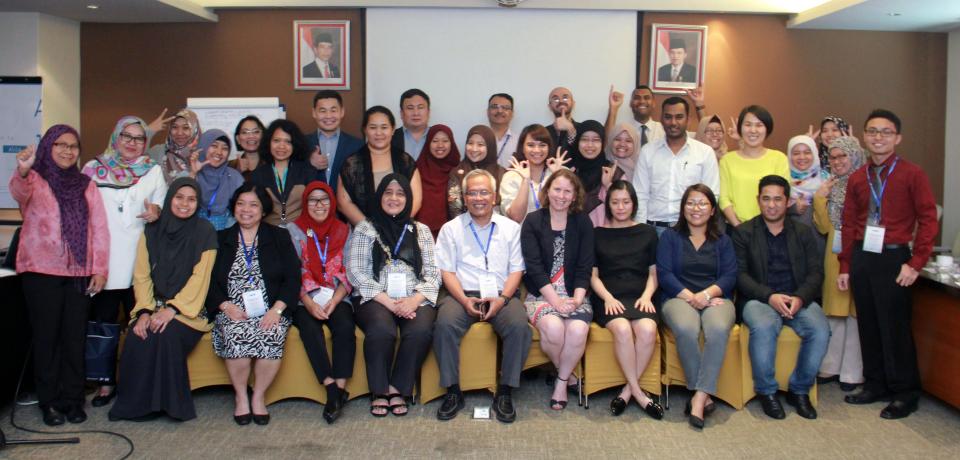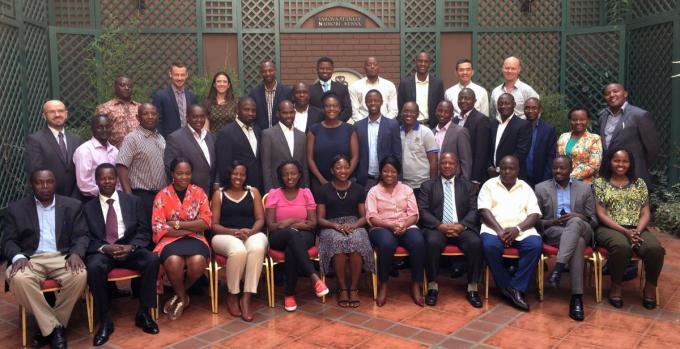National Plans in Support of the SEEA Launched in Four Countries

Integrated information and high-quality statistics are not only essential elements in advancing evidence-based policy and decision making, they are also key to monitoring the 2030 Agenda and the Sustainable Development Goals (SDGs). Given the critical role of high-quality integrated environmental and economic information, the United Nations Statistics Division (UNSD) recently completed a project supporting four Member States, Indonesia, Kenya, Malaysia and Uganda, in developing and strengthening their environmental-economic accounting programmes.
The main in-country activities of the project consisted of developing national plans for the implementation of the SEEA framework and compiling a pilot account for a policy relevant area. The national plans serve as blue prints for the implementation of the SEEA by identifying policy priorities and the environmental-economic accounts that can best inform these priorities. In each of the implementing countries, consultations on the national plans were held with relevant national stakeholders to ensure broad uptake and increase awareness and buy-in from data producers and users of the accounts. Furthermore, in each of the four countries, the national plans have either been adopted or are in the process of being adopted.
In all four countries, there was a focus on specific accounts that would help address key policy issues. Indonesia focused on energy and air emission accounts; Kenya on energy accounts; Malaysia on energy, air emission and water accounts; and Uganda on water accounts. The compilation of the pilot accounts provided an opportunity to work with partners across government to determine how best to compile the accounts. In all countries, the pilot accounts were compiled using already available data from the national statistical office and/or other government institutions. Countries, including the project countries, often already have the data needed for SEEA accounts. However, data and technical know-how alone will not lead to the sustained production of accounts. What really facilitated compilation and made the pilot accounts such a success in all four countries were the institutional mechanisms created and collaboration among the various data producers.

At the end of 2017, two closing regional workshops were held; one in Jakarta, Indonesia and another in Nairobi, Kenya. The workshops brought participants across the government and within the region together to highlight the work done so far, share lessons learned and future plans. Participants from other countries in Asia and Africa respectively had an opportunity to learn from the experiences of the implementing countries as well as to share their experiences in implementing the SEEA. While the project ended in 2017, UNSD along with its partners will continue to support countries implementing the SEEA through a number of follow-up activities, including regional trainings and workshops.
